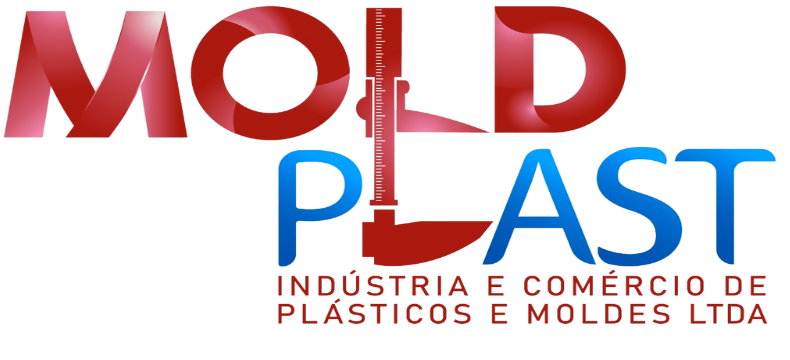When it involves seeking assist for addiction or substance abuse points, there are numerous types of rehab centers available to cater to completely different wants and preferences. Understanding the different types of rehab facilities is essential for individuals and their family members to make informed decisions about the most suitable treatment options. In this article, we will explore the assorted types of rehab facilities and the distinctive approaches they offer to recovery.
Inpatient Rehab Centers:
Inpatient rehab centers, additionally known as residential treatment facilities, provide a structured and immersive environment for individuals struggling with addiction. Patients reside within the facility for a specified interval, typically starting from 28 days to a number of months. These facilities offer a highly structured program with spherical-the-clock care, together with medical supervision, therapy periods, and group activities. Inpatient rehab is recommended for these with extreme addiction issues or individuals who want a safe and supportive environment away from triggers and temptations.
Outpatient Rehab Centers:
Outpatient rehab centers are more flexible when it comes to treatment length and permit individuals to obtain treatment while living at home. Patients attend therapy sessions, counseling, and group meetings regularly, however they are not required to stay on the facility. Outpatient rehab is a suitable option for individuals with milder addiction problems or those who have accomplished an inpatient program and require ongoing support.
Intensive Outpatient Programs (IOP):
Intensive outpatient programs (IOPs) are a step between inpatient and outpatient rehab. They provide a higher level of care than traditional outpatient programs, with more frequent and intensive therapy sessions. IOPs are suitable for individuals who require intensive treatment however still want to keep some degree of flexibility in their every day lives.
Partial Hospitalization Programs (PHP):
Partial hospitalization programs (PHPs) provide a higher level of care than IOPs, often including day by day remedy and medical supervision. However, patients return dwelling or to a sober residing facility in the evenings. PHPs are recommended for individuals who have accomplished an inpatient program and want ongoing assist or these with a higher risk of relapse.
Dual Diagnosis Rehab Centers:
Many individuals struggling with addiction also have undermendacity mental health issues akin to depression, anxiety, or bipolar disorder. Twin diagnosis rehab facilities specialise in treating each addiction and co-occurring mental health disorders simultaneously. These facilities have a team of professionals trained to address the advanced interaction between addiction and mental health, providing integrated and complete care.
Holistic Rehab Centers:
Holistic rehab facilities take a holistic approach to addiction treatment, addressing the physical, mental, emotional, and spiritual features of recovery. They usually incorporate various therapies reminiscent of yoga, meditation, acupuncture, and art remedy alongside traditional treatments. Holistic rehab facilities purpose to heal the whole person and provide a more personalized and holistic approach to recovery.
Faith-Based mostly Rehab Centers:
Faith-primarily based rehab facilities integrate non secular or spiritual beliefs into the recovery process. They offer a faith-centered approach to healing, usually involving non secular teachings, prayer, and community support. These facilities are suitable for individuals who draw strength from their faith and seek a spiritually oriented recovery journey.
Gender-Specific Rehab Centers:
Gender-particular rehab centers cater solely to either men or women. They recognize the unique challenges and experiences that each gender might face through the recovery process. Gender-specific treatment can create a more comfortable and supportive environment, permitting individuals to open up and address their particular needs.
Teen and Adolescent Rehab Centers:
Teen and adolescent rehab facilities specialise in treating younger people struggling with substance abuse issues. These facilities provide age-appropriate programs, training, and support tailored to the unique challenges confronted by teenagers. Family involvement is often a vital part of these programs.
Luxurious or Executive Rehab Centers:
Luxury or executive rehab centers provide a high-finish and unique environment for individuals seeking addiction treatment. These facilities often embrace luxurious amenities, gourmet dining, and private accommodations. While they provide a comfortable setting, they may not be accessible to everybody due to their higher cost.
In conclusion, understanding the different types of rehab centers is vital for individuals and their loved ones when seeking help for addiction or substance abuse issues. Every type of rehab center offers a novel approach to recovery, and the selection depends upon the individual’s particular wants, preferences, and circumstances. It is essential to consult with healthcare professionals and addiction specialists to find out probably the most suitable treatment option for a successful and lasting recovery.
In case you loved this article and you want to receive more information regarding intensive outpatient program assure visit our site.

